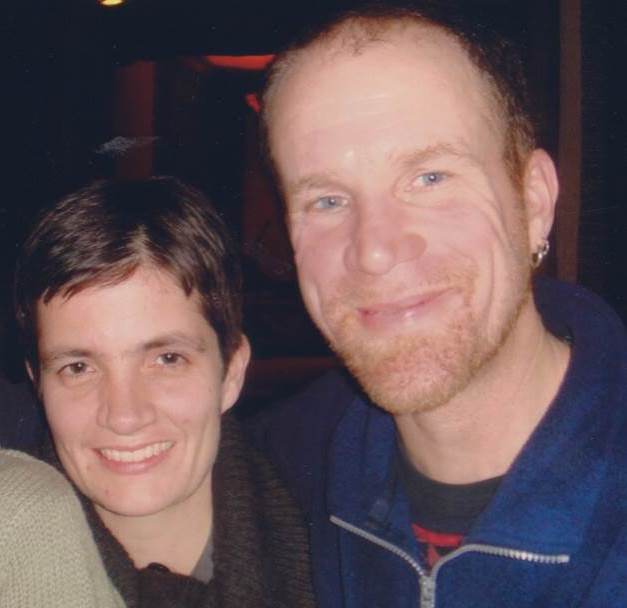Three years ago, her beloved brother died of a drug
overdose in his home.
Her desire to help some of B.C.’s most vulnerable has been
longstanding, but the shocking loss made the need to help all the more
poignant.
“The public health response to the toxic drug crisis,
including distributing Naloxone kits and opening supervised injection sites,
has been so important—but there is still so much more to do,” she says.
Ross, who has a background in psychology, research and
health care policy and planning, is the director of strategic initiatives at BC
Mental Health and Substance Use Services. In a nutshell, it means she works to
make mental health and substance use care better for clients and patients at BC
Mental Health and Substance Use Services and beyond by ensuring that their care
is based on scientific evidence.
“I’ve worked in mental health and substance use for many
years, doing research, evaluation, policy, and planning, and a big part of why
I came to BC Mental Health and Substance Use Services after working as a
consultant for almost a decade was the conviction that we can do better by the
people we serve, and that I could have more positive impact from within the
system,” she says. ”Change will come from different sectors and systems working
together to identify system solutions. That is the change I’m working toward. “
By receiving care that is evidence-based, and takes the
whole person into account—often complex mental illness and trauma—Ross has seen
that people who use substances can get well and stay well, eliminating the
craving for the opioids that are poisoning them.
Ross already knew the scale of the toxic drug crisis through her
work—but the loss of her brother magnified the human impact of the tragedy.
“There is a deep and acute grief that comes with losing
someone dear to you to such a shocking kind of death,” Ross says. “Multiply
that grief by the 25 people who were in that person’s close circle, and
multiply that by the 1,500 people who are overdosing every year. That adds up
to 37,500 people in B.C. in a single year who are deeply and directly affected
by this overdose crisis. It’s a collective trauma that reaches across our
communities and across the province.”
Ross’s most recent projects have included evaluating new
mental health and substance use care-related initiatives at the Forensic
Psychiatric Hospital and in B.C.’s correctional facilities. She also prepared a
report that explored, among other things, improving the mental health and
substance use care system for the most severely ill people in B.C.
Although she is confident that her work has the potential
to improve the lives of British Columbians, she recognizes we still have a long
way to go in reshaping public and individual attitudes to people living with
these issues.
“The other piece is stigma. I think we’ve broken down a
lot of barriers—people know that this crisis has hit not just the so-called
‘addicts’ of the Downtown Eastside, but also recreational drug users and people
hooked on opioids due to chronic pain—we still have a lot of work to do.”
Ross had an open, trusting and supportive relationship
with her brother, but he was not immune to stigma.

“Stigma around substance use still increases the
likelihood of fatal overdoses, often from using alone, as my brother did. My
brother—a musician, a writer, an artist, a sailor, a pedicab driver, and a
former competitive gymnast—didn’t deserve to die,” she says.
Her conviction that blending evidence-based practice with
a person-centred approach is the way forward gives her hope for the future.
“With our provincial mandate, BC Mental Health and
Substance Use Services has great potential to bring people and systems
together, take a solidly evidence-based approach together with a deep
understanding of the experience of people who have travelled these roads, and be
part of the solution to the toxic drug crisis.”
